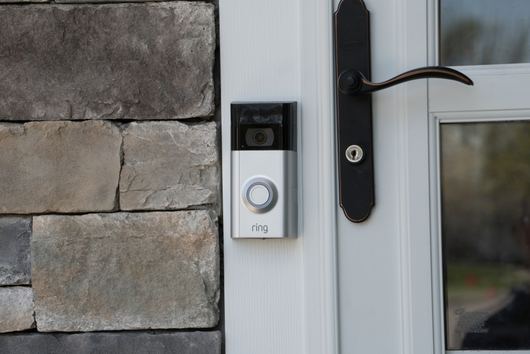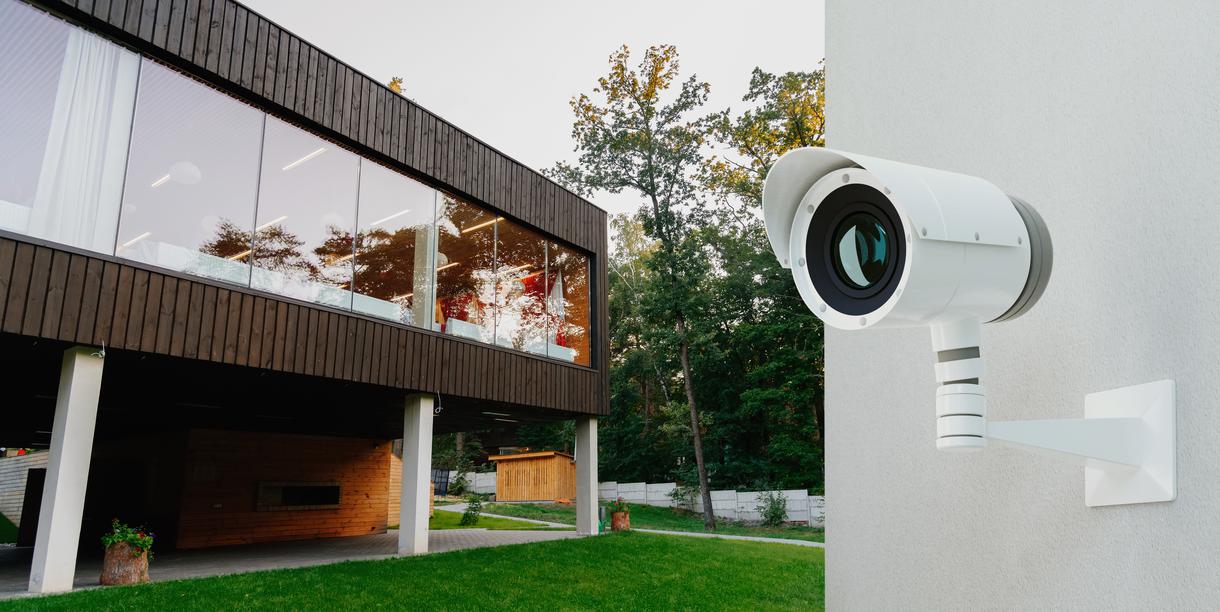5 Things to Do in Little Tokyo, California
Never been before? We’ll be your trustee Little Tokyo guide with a day’s worth of fun things to do in Little Tokyo.

Not sure whether Nest or Ring is right for you? Here are the pros and cons of each home security system to help with your decision.
Installing a home security system is a great way to protect you and your family, but choosing between the various companies can be a daunting task. While many systems can be wired into homes so that intruders are not able to unplug or remove the unit, the recent trend toward smartphone-enabled devices gives people the flexibility to secure any house or apartment—with or without wiring—and obtain peace of mind. These more modern options are becoming increasingly popular, as many rental units, for example, do not contain security systems or allow for these systems to be installed.
Thankfully, California-based home security companies like Nest and Ring are changing the game and providing affordable systems that perform. Both companies have similar business models that do not require monthly subscriptions and offer an array of products that allow for a customized security system. So, Nest vs. Ring? They each have their own pros and cons that are worth exploring to pick the best home security systems for your home.

The two systems offer fairly similar product lines that provide complete protection for your home. But the prices of Ring vs. Nest are drastically different, so the choice comes down to which features are most important to you.
Ring offers a slightly more diverse range of products that includes:
Nest also offers many products in bundles; for instance, the alarm system and outdoor camera cost $498, the Nest Protect three-pack is priced at $327, and the alarm system with IQ cameras and the front door goes for $1,400. Products are also sold separately, with video doorbells starting at $249. (Bear in mind, however, that a video doorbell must be wired to an existing doorbell and requires installation assistance.) Nest also has a $99 purchase minimum, though it is easy to meet this requirement when investing in a home security system.
Winner: So which one to choose when it comes to a Nest vs Ring in outdoor cameras, video doorbells, or the full package? While the price and service are hard to beat when it comes to Ring, the additional level of security that comes with the tamper-proof door locks and the connectivity of the thermostats put Nest at a slight advantage.

Though basic security packages have most of the necessities, your home may require an additional camera or sensor, or you might want the increased protection of professional monitoring—all of which adds to the cost. Let us get into the intricacies of the Nest vs. Ring camera pricing debate.
Ring’s extra features come at fairly reasonable prices. An additional stick-up camera costs around $180, while an alarm contact sensor only sets you back $20. For comparison, a new line of electronic deadbolts from other trusted brands ranges from $140 to $220.
Unlike other security systems, Ring provides a free protection plan with the purchase of all their devices. While this covers basic functions—such as motion alerts, motion detection, and live video on demand—more complicated features like video recording and professional monitoring can be purchased for $3 or $10, respectively, with no long-term commitments.

Additional accessories for Next security products cost slightly more, with outdoor cameras coming in between $200 and $350 and single sensors costing $49. However, you can feel extra secure with Nest Aware, which provides video history for 5, 10, or 30 days for a price of $5, $10, or $30 (respectively). On top of this, the company offers protection monitoring through Brinks Home Security for $19 per month with a three-year agreement or $29 per month without a long-term commitment.
Winner: Ring is the clear victor when it comes to monthly pricing and additional features.

Both Nest or Ring are great when it comes to accessibility; they connect to their respective apps that allow customers to control their home security from anywhere. They also send notifications to alert you of any sort of activity so that you can quickly decide whether any actions need to be taken.
Unlike Ring, however, Nest provides the full setup for a smart house, complete with smart lights, a thermostat, and smart locks. These features are surprisingly convenient if you can get used to your devices doing things automatically.
Winner: While Ring provides the ability to sync with other devices, it lacks the ease of use that Nest offers, making Nest superior when it comes to connection and integration.

The decision of Ring vs. Nest security will come down to preference and current needs. If you are a homeowner and are looking for an all-in-one smart home, Nest is the way to go. But if you are living in an apartment, renting a house, or are without a doorbell and lack the ability to wire everything together, Ring is undoubtedly the right choice.
When it comes to nest security system vs ring, know that both systems boast many features that other security services do not, offer basic setups for around $500, charge less than traditional security companies on a monthly basis, and provide an extra layer of protection that is sure to ease your concerns.


Does your business rank among the best in California?
nominate a businessLearn more about our selection criteria and vetting process.


Never been before? We’ll be your trustee Little Tokyo guide with a day’s worth of fun things to do in Little Tokyo.

People go on Memorial Day weekend getaways as an indirect celebration of life. How do you plan on celebrating the long weekend?

If you're looking for something fun to do, there are plenty of fun and free things to do in San Francisco, use our guide to help make plans.

Feel the knowledge flood from its elegant red-tile roofs as you wander the town’s beautiful college campus in search of hidden finds.

